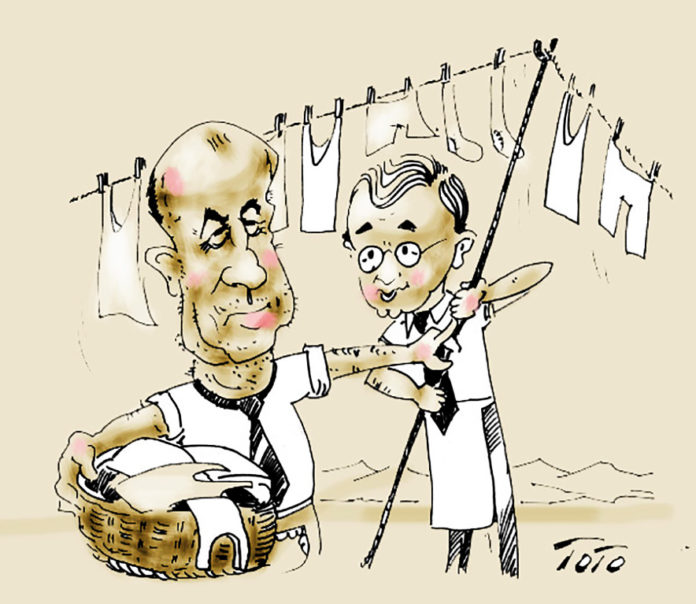The foreign ministers of Armenia and Azerbaijan, Zohrab Mnatsakanyan and Elmar Mammadyarov, respectively, met for the 26th time in Bratislava, Slovakia, on December 4, under the auspices of the Organization for Security and Cooperation in Europe (OSCE).
Statements were issued and news appeared which indicated that the ministers had been spinning their wheels, as usual.
The ministers have made contradictory statements while the OSCE statement has tried to paper over the differences, counting among their contributions to the parties prisoner exchanges, journalists’ visits between the two countries, the relaxation of tensions on the border and the willingness of the two ministers to meet again in the future.
After considering many plans over the years and contemplating solutions, the Azeri foreign minister has reverted to Azerbaijan’s original demands which allow no room for compromise.
Mammadyarov’s delegation has distributed a memorandum to the participating delegates, outlining Azerbaijan’s conditions for a solution: “Immediate, complete and unconditional withdrawal of Armenian forces from the Nagorno-Karabakh region and other occupied territories of Azerbaijan.”
The memorandum also is recognizing the right of the predominantly Armenian population to have the “status of self-rule within Azerbaijan.”








